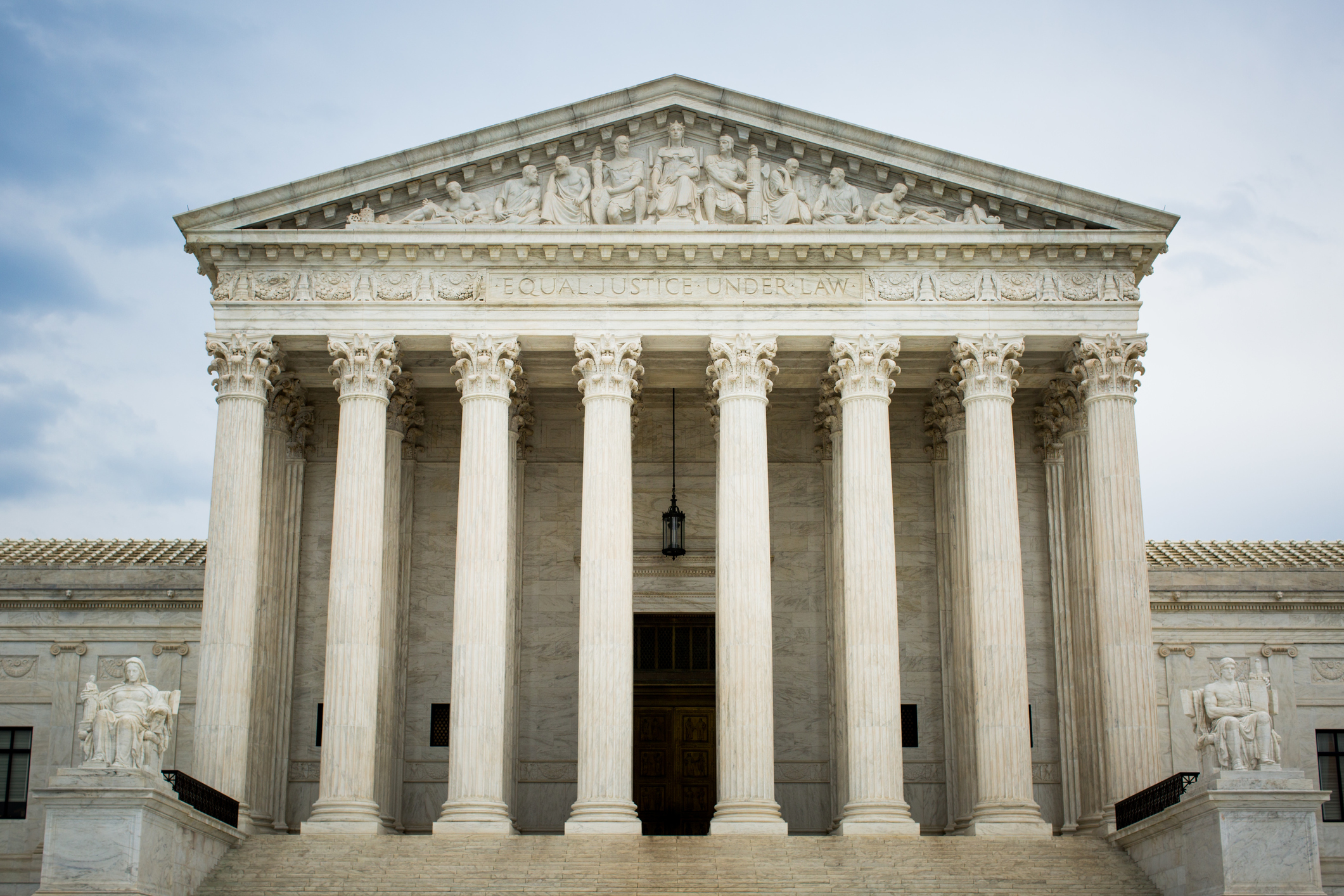
The Surrogacy Legal Process
What to Know About Surrogacy-Friendly States
Understanding the Legal Complexities of Surrogacy
Key Points
- Surrogacy laws in the U.S. are determined by individual states, with some being surrogacy-friendly, offering clear legal frameworks and protections, while others have restrictive laws or unclear regulations, making the process more challenging.
- Surrogacy-friendly states, such as California, Colorado, and Washington, allow various types of surrogacy agreements and grant pre-birth orders regardless of marital status or sexual orientation.
- Non-surrogacy-friendly states like Louisiana, Michigan, and Nebraska pose legal challenges, making it vital to contact an experienced surrogacy professional to navigate the complex legal landscape.
Navigating surrogacy laws in the U.S. can be confusing especially if there are no federal laws that regulate the process. Individual states’ laws help establish a clear roadmap of the legal surrogacy process.
In the U.S., there are more surrogacy-friendly states than others, making the process smoother and more legally secure. Here we’ll help you understand surrogacy-friendly states, making it easier for you to navigate the legal complexities of surrogacy.
If you’re unsure whether you live in a surrogacy-friendly state or not, contact a surrogacy professional now to receive personalized support.
Surrogacy-Friendly States
Some states are considered to be completely surrogacy-friendly. This means that they may have statutes permitting and recognizing surrogacy. These states also have a long history of favorable rulings in surrogacy cases. Surrogacy-friendly states often grant pre-birth orders regardless of marital status, sexual orientation and in some cases genetic relationship to the baby.
Surrogacy-friendly states also allow both compensated and uncompensated surrogacy agreements. However, these states often have unclear laws on traditional surrogacy. Working with a surrogacy professional can help you navigate the intricacies of traditional surrogacy laws.
Below are some surrogacy-friendly states where surrogacy is permitted:
- California
- Colorado
- Connecticut
- District of Columbia
- Delaware
- Idaho
- Maine
- New Hampshire
- New Jersey
- Nevada
- Vermont
- Washington
Non-Surrogacy-Friendly States
On the other hand, there are non-surrogacy-friendly states in the USA where surrogacy arrangements may be more challenging or even prohibited. These non-surrogacy-friendly states often lack clear legal frameworks and protections for both parents and surrogates. In some cases, they may have restrictive laws that make surrogacy illegal or introduce significant obstacles to the process.
For anyone considering surrogacy in these non-friendly states, it’s crucial to be aware of the potential legal complexities and limitations that could impact the surrogacy journey.
Consulting with experienced surrogacy professionals is especially important in non-surrogacy-friendly states to navigate the intricate legal landscape and ensure the best possible outcome for all parties involved.
These states are considered not surrogacy-friendly:
- Louisiana
- Michigan
- Nebraska
The Rest of the States
While there are some entirely surrogacy-friendly states and some that are considered unfriendly, most states fall somewhere in the middle. Surrogacy may be practiced in these states, but laws vary and have uncertain levels of protection for all parties involved. The legal process can be more complicated than in surrogacy-friendly states and results of surrogacy cases can be inconsistent.
Some of these states are more surrogacy-friendly than others and in more surrogacy-friendly states, gestational surrogacy is typically permitted by statutes. The laws on pre-birth orders can vary and may depend on the county. If you live in these states, make sure to consult with a surrogacy professional before you begin the process to understand the specific laws in your state.
Here are the mostly surrogacy-friendly states:
- Alabama
- Arkansas
- Florida
- Alaska
- Georgia
- Hawaii
- Illinois
- Iowa
- Kansas
- Kentucky
- Massachusetts
- Maryland
- Minnesota
- Montana
- Missouri
- Mississippi
- New York
- North Carolina
- North Dakota
- New Mexico
- Ohio
- Oklahoma
- Oregon
- Pennsylvania
- Rhode Island
- South Carolina
- South Dakota
- Texas
- Utah
- Wisconsin
- West Virginia
- Wyoming
In less surrogacy-friendly states, surrogacy can be practiced, but there may be legal obstacles and processes that are required in order to complete the surrogacy process. For example, pre-birth orders can’t be granted or surrogacy contracts may be legally unenforceable. These states often have unclear laws so it’s best to consult your surrogacy professional if you reside in these states.
Below are the less surrogacy-friendly states:
- Tennessee
- Virginia
- Arizona
- Indiana
Start Your Surrogacy Journey Today
Understanding surrogacy-friendly states can help you confidently embark on your surrogacy journey. Your surrogacy professional will walk you through the ins and outs of surrogacy laws in your state so you can focus on getting one step closer to welcoming your baby home.
Ready to get started? Contact a surrogacy agency now to get free information.